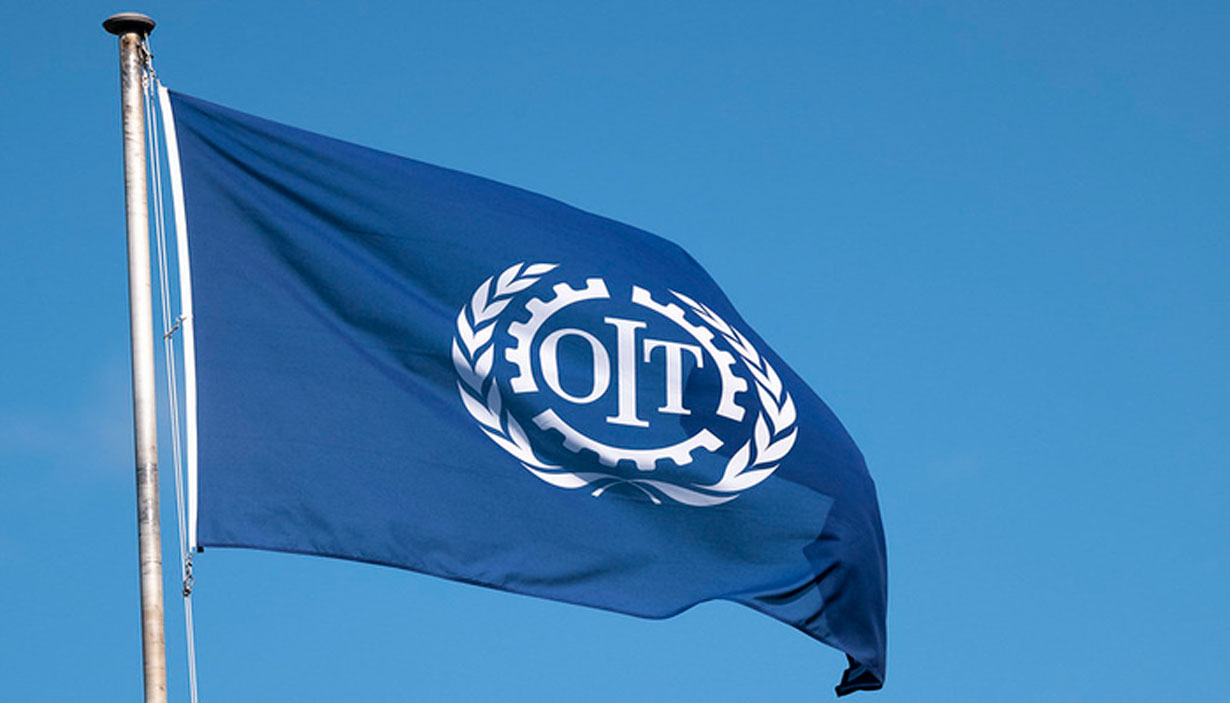
The Nigerian Society of Engineers (NSE) has established a smart hub to boost the productivity of members.
The President of the Society, Tasiu Gidadi-Wudil, while speaking at the opening ceremony of the structure in Abuja, said the smart innovation hub would provide an official business space reserved to foster productivity and networking to its consumers and stakeholders.
He explained: “The Hub will integrate technologies, services, tools, and data analytics that empower users to work from home, only dropping into the office location when a face-to-face interaction is necessary. The smart office dashboard will have a unified web interface that can allow users to sign up for available physical and virtual office spaces, executive conferences and workshops, and organised virtual meetings with physical access control policies.”
He added that the objectives of the office hub are to provide smart business solutions to members, making the learning curve easier by providing available resources and an e-library that can be accessible both online and on-premise.
Gidado-Wudil stated that the hub will provide a loyalty reward system as well as a technology innovation hub that will facilitate research and development, mentorship and product development to the NSE financial members and other stakeholders.
Also, the innovation hub, which is a component of the SMART office is expected to provide. mentorship and student assistance programme, a platform to engage engineering professionals and students alike to innovate, carry out research and development, training and prototyping among other engineering activities.
He added: “The smart office dashboard will have a unified web interface that can allow users to sign up for available physical and virtual office spaces, executive conferences and workshops, and organised virtual meetings with physical access control policies. It integrates technologies, services, tools, and data analytics that empower users to work from our virtual space, only dropping into our fully furnished Smart offices when face-to-face interaction is necessary.”
Also speaking at the event, Chairman of the North-East Development Commission, Mohammed Alkali, said Nigeria need digitisation to boost its economic development, adding, “We at the North-East Development Commission would like to be part of this project, especially in the areas of engineering skills training for young Nigerians affected by the insurgency in the North-East.”
Group Managing Director, Sahara Power Group, Kola Adesina, who delivered a lecture at the occasion, stressed the need for engineers to continue learning and adapting to the changing world.
He said: “Engineers must commit to continuous learning. The rapid pace of technological change demands that we adapt, up-skill and stay current with emerging trends and tools.
Adesina also observed that digitisation also comes with its unique challenges, saying, “As we embrace the digital future, we must also address the challenges it presents. Engineers must prioritise cybersecurity in their designs and systems. Cybersecurity should not focus only on software, but security should focus on hardware. I say this because of our peculiar challenge in Nigeria with regard to energy theft and infrastructure vandalism.”
Despite the challenges, Adesina stressed that embracing the digital future is not a choice but a necessity.
“Engineers, both present and future, have a pivotal role to play in shaping this aspiration. I implore you to take up the challenge, to be at the forefront of innovation, and to actively engage with the digital landscape. By doing so, you contribute not only to your growth but to the prosperity and development of our country. Remember, the digital future is not just about technology; it’s about using technology to solve the world’s most pressing challenges,” he added.






